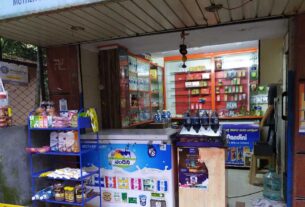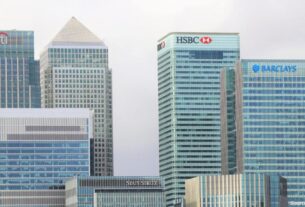Sellers charging more than MRP can be fined up to Rs.5000, says, Inspector of Legal Metrology.
Retailers at bus terminals, railway stations, and other public places charge more than the Maximum Retail Price (MRP) from customers in Bangalore.
Praveen, a frequent commuter at Kempegowda Bus Station (KBS), popularly known as Majestic, said, “once while traveling from Shanthi Nagar to Majestic, I stopped to buy a cold drink from one of the shops in KBS, and the seller charged me Rs. 5, more than MRP.”
According to the Indian Consumer Goods Act, 2006, the Maximum Retail Price (MRP) is the designated selling price at which the product shall be sold in the retail market, inclusive of all applicable taxes. Anand Kumar H. K, Inspector of Legal Metrology, said, “The law prohibits selling retail products above MRP.”
Amrita, an engineering student said that she was charged Rs. 5 more than the MRP for a bottle of mineral water at Krantivira Sangolli Rayanna (KSR) Railway Station while traveling back from her hometown, in Tamil Nadu. “They also refused to give a bill for the same,” she said.
A retailer at one of the shops in Kempegowda Bus Station said, “We charge additional fees over MRP on refrigerated drinks to cover cooling expenses.”
Gopal Ratnam, Secretary of the Consumer Care Society, an NGO working towards consumer rights in Karnataka said that, in places like movie theatres, airports, stadiums, etc. products are often priced higher than MRP.
“We have received numerous complaints about overpricing, a typical item sold over MRP is milk,” he added.
Mr. Kumar mentioned that upon receiving a complaint regarding price exceeding the MRP, the department conducts surprise visits to the shop, purchasing a sample product to verify the claim. In the event of confirmation, the owner will face a fine of Rs. 5000, and legal proceedings will be initiated.
He added, “At bus terminals, the authorities concerned should include clauses in tender given to shop owners, specifying stringent measures such as revoking tenders in case the seller charges higher than MRP.”
Nethravathi, Assistant Traffic Superintendent of Karnataka State Road Transport Corporation (KSRTC), said that when a complaint regarding overpricing by retailers at bus terminals is received, a notice is issued to the owner of the shop, asking for an explanation and if the complaint is substantiated, a fine is imposed. The fine amount is determined based on the terms specified in the contract between the individual store and the corporation,and it varies depending on the product for which an excessive charge was levied.
“Public can register complaints to KSRTC, via mail and helpline number. These complaints will then be forwarded to the concerned division for resolution,” she added.
Mr. Gopal said, “Shops in rural areas, charge more than MRP, taking advantage of customers who have limited alternatives and are compelled to purchase from the only available store in the vicinity. Since these customers typically make small purchases, they are reluctant to voice concerns about being charged an extra five or ten rupees.”
Pritam Kumar Ghosh, Assistant Professor at the School of Law, RV University, said, “If we look at the trajectory over the last 10 to 15 years since the enactment of The Legal Metrology Act, 2009, and The Legal Metrology Rules of 2011, there have been many developments in the economy like the imposition of Goods and Service Tax (GST) in the year 2017, which the act cannot take into account.”
He added that while deciding the price of a product, peripheral things like the place in which an item is sold, whether it is sold in a 5-Star hotel that provides customer service like ambience, cost of transporting an item from the place of manufacture to the retail shops, cooling and other services.
“The Legal Metrology Act and Rules should undergo substantial amendment, to include guidelines for the sellers and manufacturers, on pricing the product in a way that is beneficial for the retailer and will not be a burden on the purchaser,” he added.




